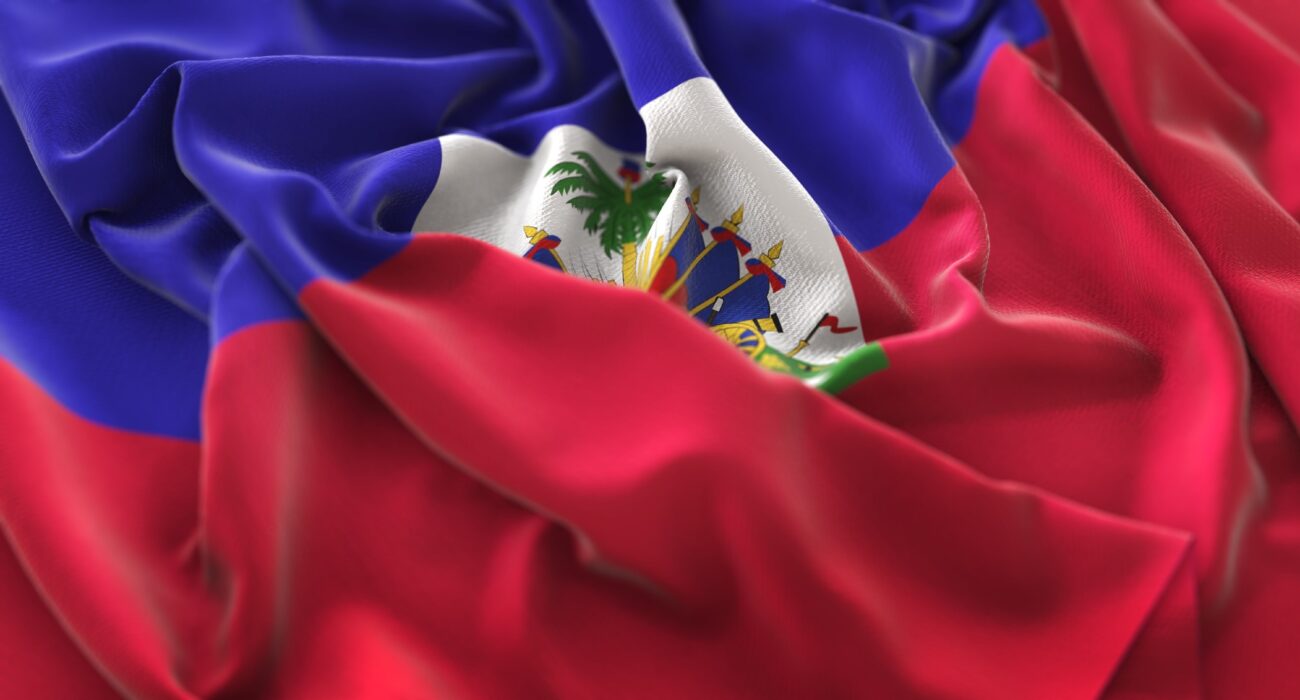Analysts weigh in on Haiti’s future post-Moïse murder—report
The assassination of Haiti president Jovenel Moïse on July 7 in his residence at Port-au-Prince poses risk of destabilising an already ailing nation, which has been marred with high violence mostly triggered by local gangs and Moïse’s alleged undemocratic behavior.
Analysts interviewed by Americas Daily gave their two cents on what the horrendous event could do for Haiti’s future.
To Monique Clesca, a Haitian journalist and also a retired UN official, the killing could have been executed by someone who has “a lot of money and a lot of power.”
“It’s fear of the different possibilities of who might be behind this – an international drug kingpin, a gang leader? This is a nightmare situation for us,” Clesca said.
She also called out the international community for siding with an autocrat, saying that the crisis over political power in Haiti has gone on for three years, “but our voices were not heard.”
A professor at Florida International University, Eduardo Gamarra, who shared that he “knew the president well,” said that “Haiti’s situation can be described as beyond anarchy now.”
“Trying to put the country back together seems insurmountable. Even after the hurricane there was a semblance of governance, but there is none now. There are no armed forces or police forces that can control the violence,” Gamarra said.
The professor has also called for the international community, and the U.S. “to play a significant role now” and not just issue statements of grief and support.
“The team looking at the Caribbean within the administration needs to look at the broader consequences of what is happening there because it will spill over,” he said.
CARICOM condemns Moïse’s assassination
In an official statement, the Caribbean Community has expressed its shock and condemnation on the death of the Haiti president, calling it “abhorrent and reprehensible act.”
“The Heads of Government are shocked and saddened by the assassination of a member of the CARICOM family,” the Caribbean organization said. They “strongly condemn this abhorrent and reprehensible act that comes at a time of deep turmoil and institutional weakness in the country.”
The CARICOM heads also wished the country’s first lady, Martine Moïse, a speedy recovery. In an NBC News report, Moïse’s wife is said to have been flown Florida to receive medical attention in Miami.
“CARICOM expresses its willingness to play a lead role in facilitating a process of national dialogue and negotiation to help the Haitian people and their institutions to craft an indigenous solution to the crisis,” CARICOM added.



